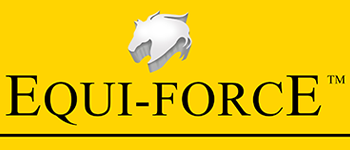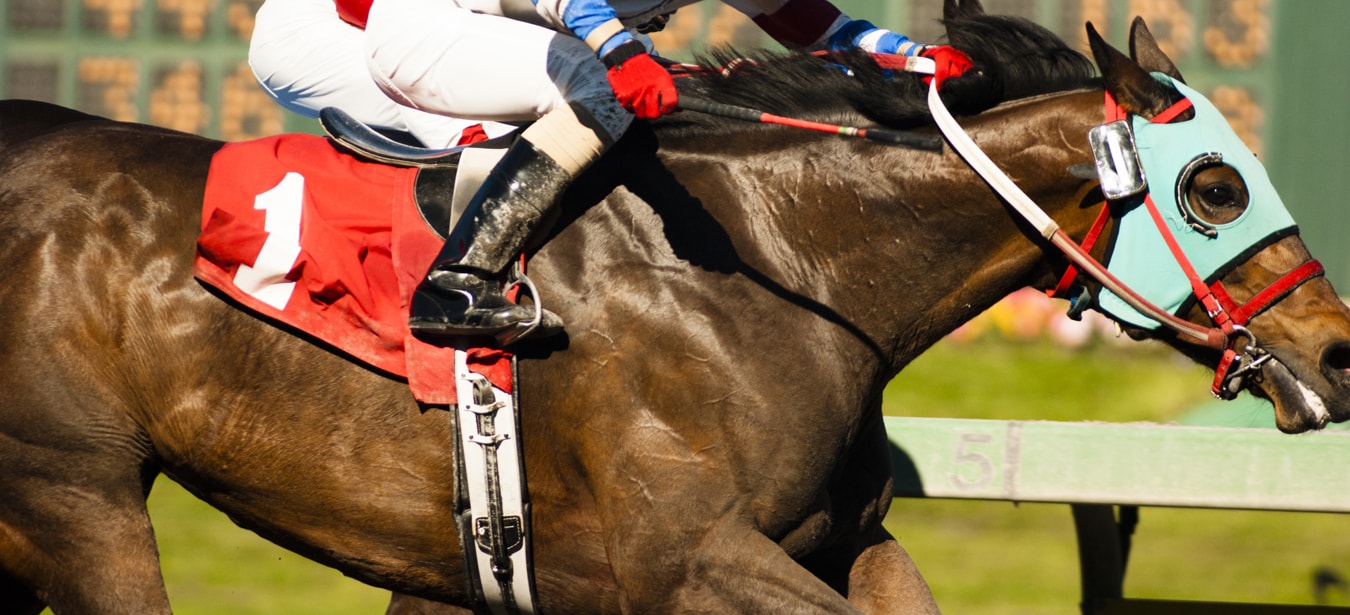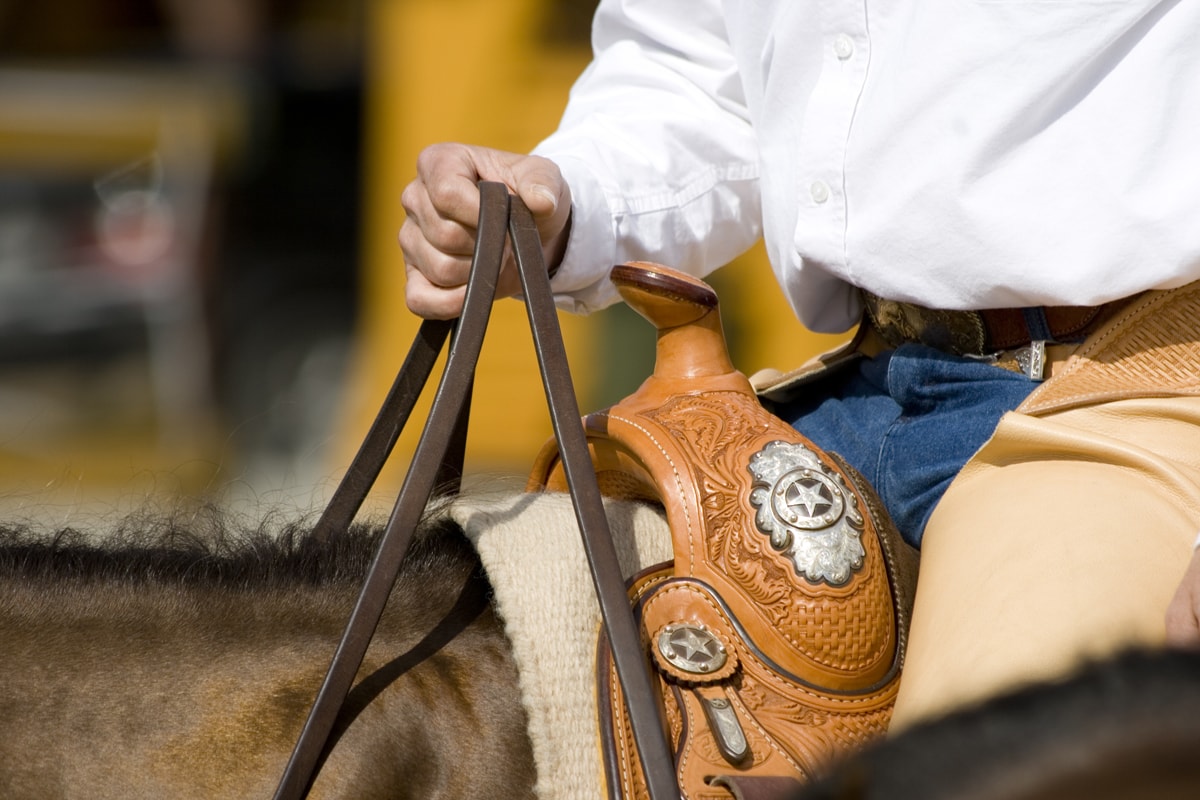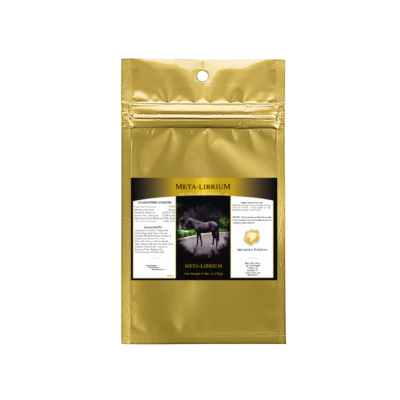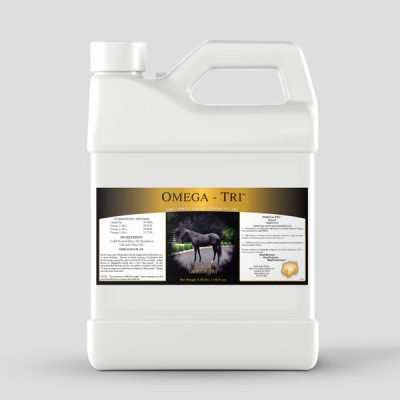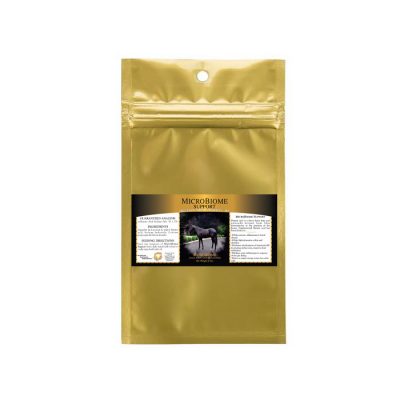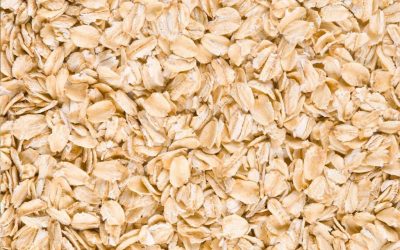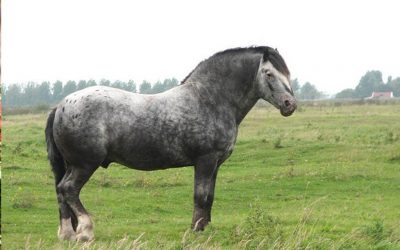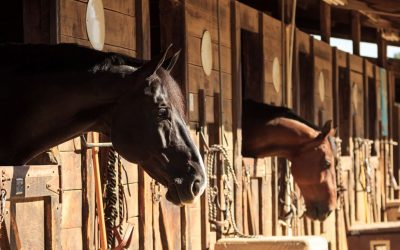Equine Nutrition Supplements for the Performance Horse
Renowned equine nutritionist Dr. Amy M Gill has formulated a line of nutrient targeted therapies for horses that are affected by growth, metabolic, exercise and immune disorders by providing them with targeted levels of specific nutrients. Equi-Force products are novel, proprietary formulations based on solid clinical and field research. Dr. Gill’s formulas contain therapeutic dosing and when used correctly, will help exert a positive physiological effect by providing the raw nutrients the horse needs to get and stay healthy.
ALL EQUI-FORCE PRODUCTS NOW WITH FREE SHIPPING!! Puerto Rico, Alaska and Hawaii order may require some additional shipping. Please call us at 859.229.2447 for assistance if you are ordering from those states. Thank you!
Featured Products
-

Phone Consultation with Dr. Amy Gill
$225.00 -
Sale!
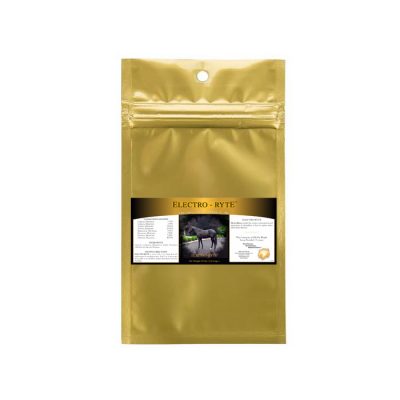
Electro-Ryte – Unrefined Salt Based Horse Electrolyte – 30 lbs
Original price was: $99.95.$94.95Current price is: $94.95. -
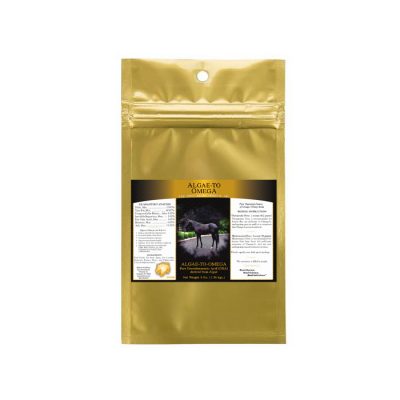
Algae-to-Omega – Horse Omega 3 Supplement from Algae- 3 lbs
$139.95 -
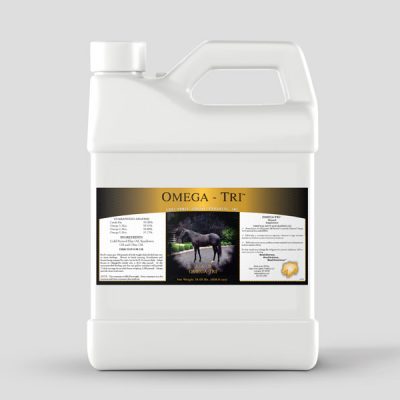
Omegatri – Horse Omega 3 Flax Oil Supplement – 1 Gallon with once ounce pump
$115.95 -
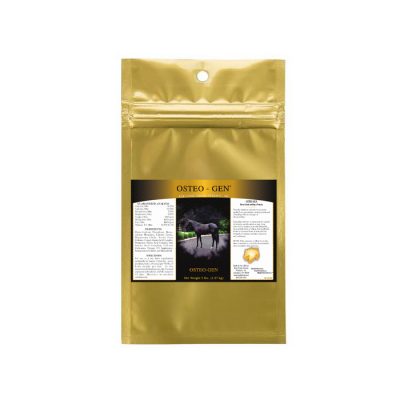
Osteo-Gen – Horse Bone Cartilage Building Supplement – 5 lbs
$79.95 -
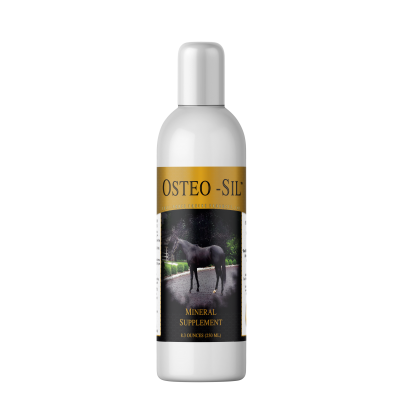
Osteo-Sil – 8.3 oz Horse Bone Cartilage Building Supplement
$79.95
Bran Mashes and Horses
Using bran mash as a weekly ‘cleanser’ is a popular tradition among horse owners and stables. The thought behind the weekly bran mash is that it adds bulk to the stool, helps with hydration, is a good source of fiber, and assists digestion. Despite being fed with good intentions, giving a weekly bran mash actually causes a dramatic alteration to the daily ration and can cause a disturbance in the normal population of microorganisms that reside in the hindgut. Here are some myths and facts about bran mash, wheat bran, and when is the correct time to use it.
Complications of Equine Obesity
The obesity crisis no longer applies to humans. More and more nutritionists and veterinarians are seeing an increase in obesity within other species, including equines. Obesity in the equine population can partly be contributed to better quality nutritional products and pasture management, which over the years has made it easier for horses to get fat and stay that way. Another contributing factor is a lack of exercise; many horses get little to no exercise on a daily basis. What are the risks for an overweight horse? Overweight horses are prone to many disorders.
Creating a Feeding Program For Your Horse
When was the last time you evaluated what your horse is being fed? The nutritional needs of horses actually change quite frequently, and I always recommend a thorough evaluation of the forage, concentrate and supplements being fed to a horse every four months. Think about it, something has probably changed the nutritional requirements of almost every horse within the last four months.
